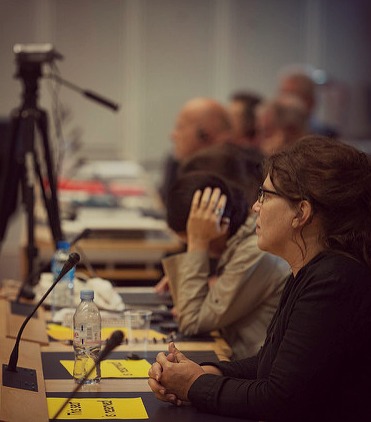Clinical Reasoning Cycle - Nursing Education Network.
Effective clinical reasoning is therefore linked to “the ability to collect the right cues and take the right action for the right patient at the right time and for the right reason” (Levett-Jones et al., 2010). The ability to apply these “five rights of clinical reasoning” (Levett-Jones et al., 2010) will be discussed in more detail in Nursing Actions and Interventions: A Reflection.
In the nursing education literature, clinical reasoning and judgment are often conflated with critical thinking. The accrediting bodies and nursing scholars have included decisionmaking and action-oriented, practical, ethical, and clinical reasoning in the rubric of critical reflection and thinking. One might say that this harmless semantic.

Critical Thinking and Clinical Reasoning Essay Sample. Clinical reasoning and critical thinking are both key items to nursing practice and occurs every day on the job. Both of these terms are necessary for nurses to utilize in their everyday practice. Without clinical reasoning and critical thinking nurses would no longer face any challenges.
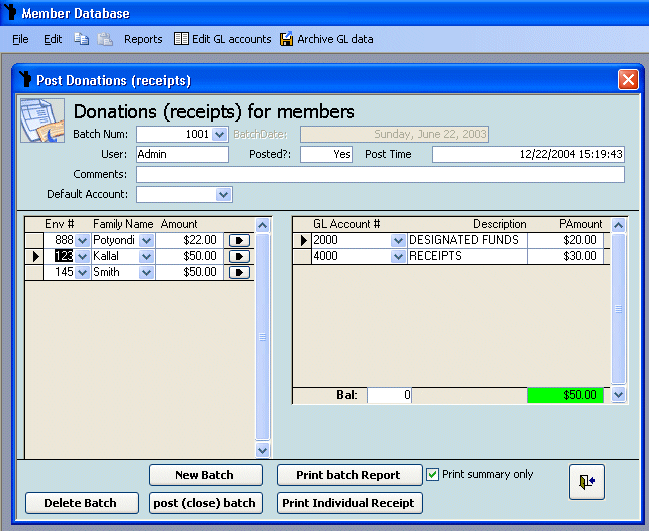
The diagnostic process and related decision making is often referred to as 'clinical reasoning'. Few published clinical reasoning curricula exist in undergraduate and postgraduate medical education and there is a growing consensus that clinical reasoning is rarely taught in way that is explicit, systematic and consistent with what is known.
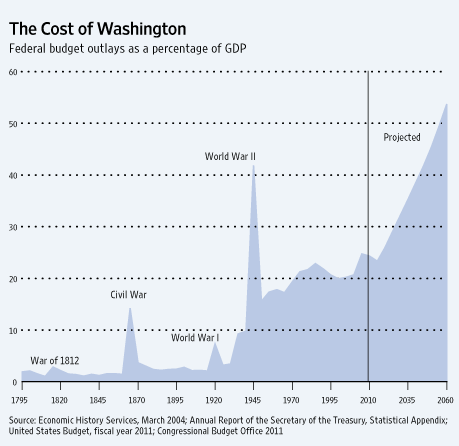
Clinical Reasoning- What is it and why should I care? 3 This handbook was created in the spring of 1999, during our final year of Occupational Therapy at the School of Medical Rehabilitation, (University of.
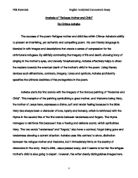
The process of clinical reasoning is undertaken by all clinicians, often automatically, and is the cognitive process that underlies diagnosis and management of a patient’s presenting problem. The teaching of clinical reasoning can pose a challenge to the clinical teacher. By considering clinical.

This essay describes the “clinical reasoning cycle,” the progress of this device as well as its work in postgraduate and undergraduate nursing studies. It lets us know how the potential advantages of the clinical reasoning cycle as a device for constructing excellence in nursing procedure is examined. Hence, in the preparation of clinical.
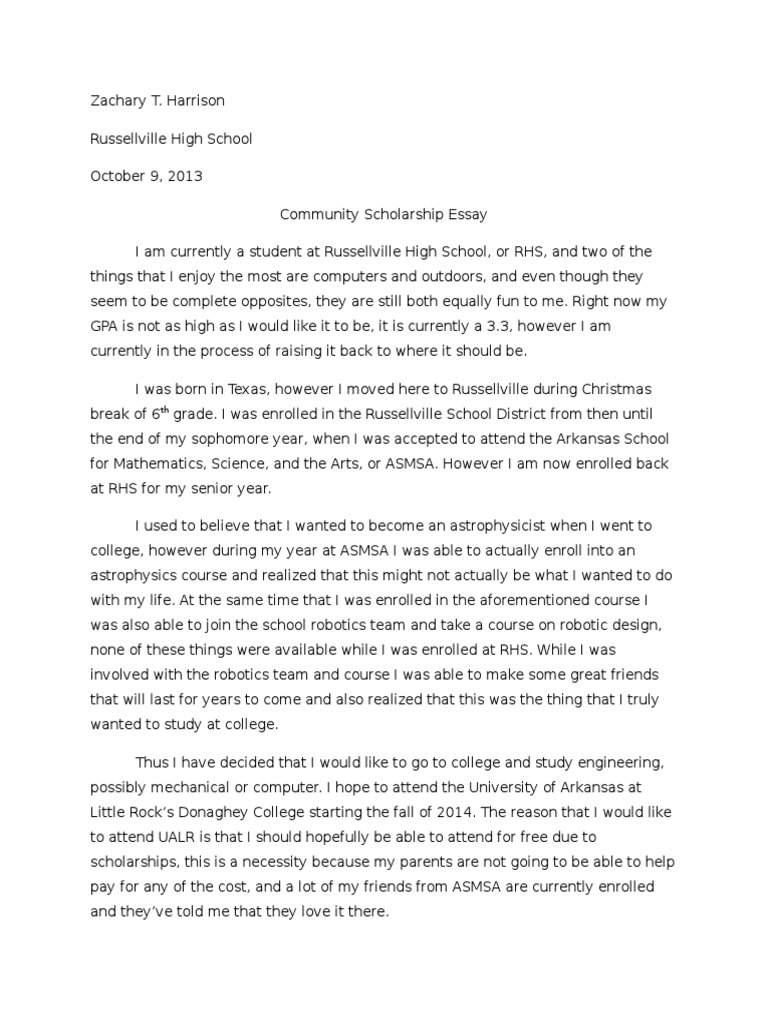
Importance of Clinical Reasoning Cycle. Clinical reasoning can be defined as all the cognitive processes that all the health professionals employ to examine the condition of a patient or any clinical case. This helps them in correctly diagnosing the patient and recommending an appropriate treatment plan.

Conclusions. It is critical that registered nurses apply appropriate clinical reasoning skills in complex clinical practice. The main focus of registered nurses' reasoning in this study was assessing a patient's health problem, and their reasoning process was cyclic, rather than linear.
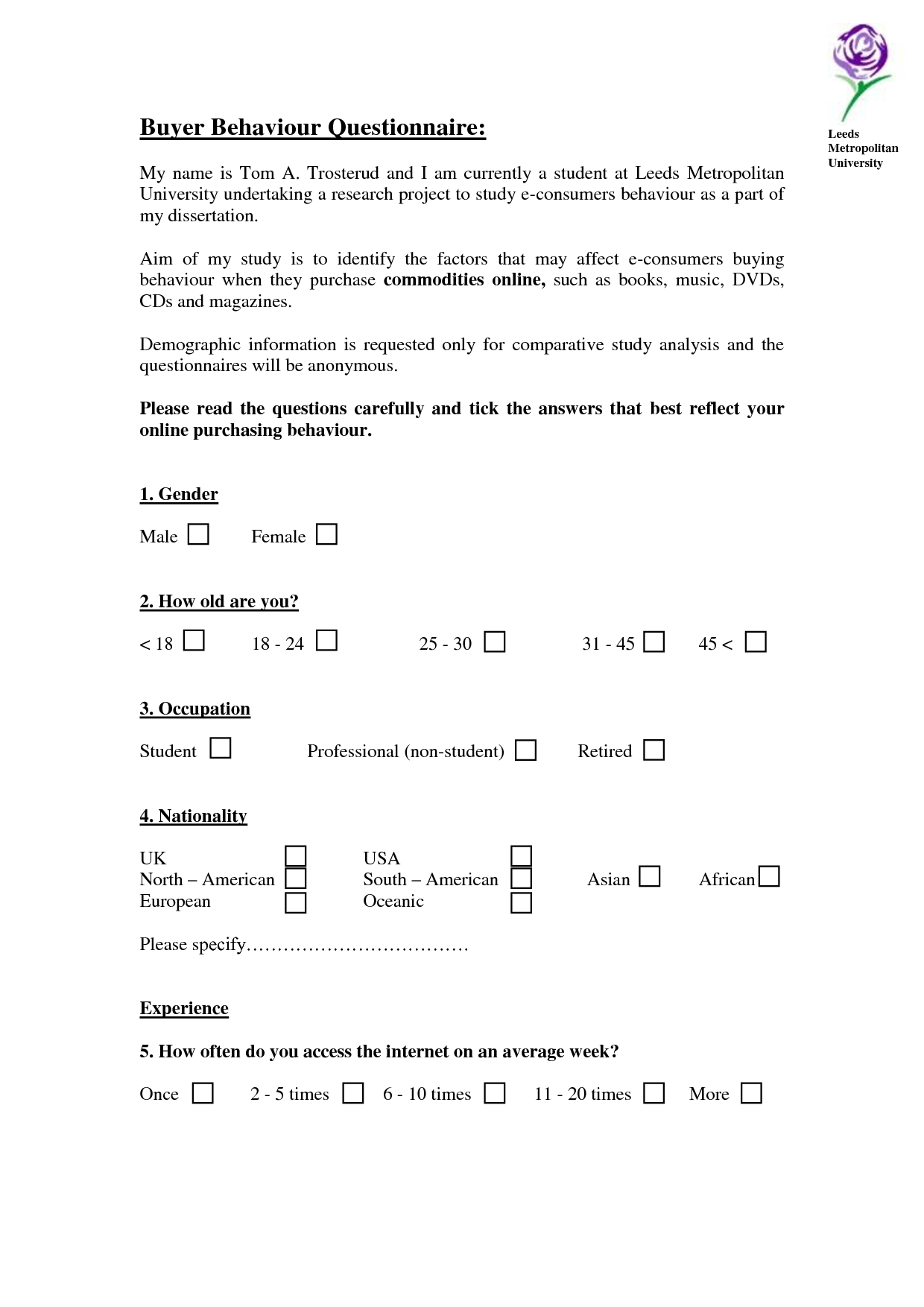
Clinical Reasoning Model reinforces the stages of the clinical reasoning cycle and the cyclical nature of clinical reasoning; Learning outcomes outline what will be achieved on successful completion of each chapter; Key concepts build transferable skills and a deeper understanding of the key concepts.

Clinical Reasoning Cycle Workshop - Video Transcript. I’m Angela McKay and I co-ordinate the undergraduate program at Utas. Clinical reasoning is a mental cycle or model that we use in simulation, in order to facilitate students cognitive thinking around clinical episodes.

There are eight main steps or phases in the clinical reasoning cycle. However, the distinctions between the phases are not clear cut. Although clinical reasoning can be broken down into the steps of: look, collect, process, decide, plan, act, evaluate and reflect; however in reality the phases merge and the boundaries between them are often.

According to Benner (2008), clinical reasoning is a practice-based form of reasoning that requires a background of scientific and technological research-based knowledge about general conditions. Also required is the practical ability to discern the relevance of the evidence behind general scientific and technical knowledge and how it applies to.

